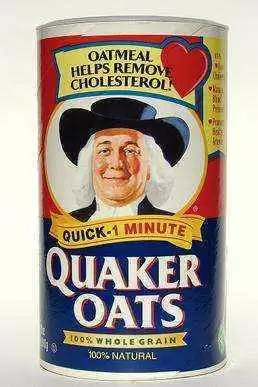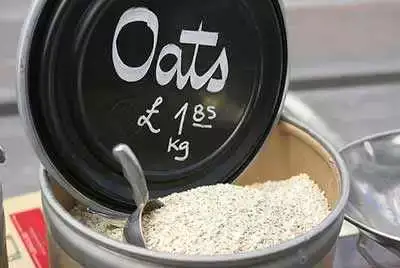
Celiac.com 12/01/2014 - For years, a debate has raged among researchers and among people with celiac disease about the safety of oats.
For American researchers, gluten-free oats have generally been regarded as safe for people with celiac disease, and the decision about whether to include oats in a gluten-free diet has been left to the individual. In Australia, oats are not recommended for people with celiac disease.
Celiac.com Sponsor (A12):
Now, that question looks to be answered, and it turns out, both sides are correct. Oats are generally safe for the vast majority of people with celiac disease. However, Australian researchers recently showed that oats do trigger an adverse immune response in some people with celiac disease. Moreover, they identified the key components in oats that trigger the reaction.
The 10-year study, published this month in the Journal of Autoimmunity, showed that oats were well tolerated by most people with celiac disease, but that oat consumption triggered an immune response in eight per cent of the participants with celiac disease. The immune responses mirror those caused by eating barley.
This is somewhat earth-shaking, in that it lends scientific credibility to the idea that some people with celiac disease cannot safely eat oats.
Dr Jason Tye-Din, head of celiac research at the Walter and Eliza Hall Institute and a gastroenterologist at The Royal Melbourne Hospital, said the study reveals the role of oats in stimulating immune responses in people with celiac disease.
The fact that the team was able to isolate the specific parts of oat that are toxic to some people with celiac disease should help researchers to develop accurate tests for oat toxicity, and to better tailor dietary treatment for people with the disease.
Source:
- Open Original Shared Link



.webp.51e03bcf7946741107fc361e03fd8001.webp)


Recommended Comments
Create an account or sign in to comment
You need to be a member in order to leave a comment
Create an account
Sign up for a new account in our community. It's easy!
Register a new accountSign in
Already have an account? Sign in here.
Sign In Now